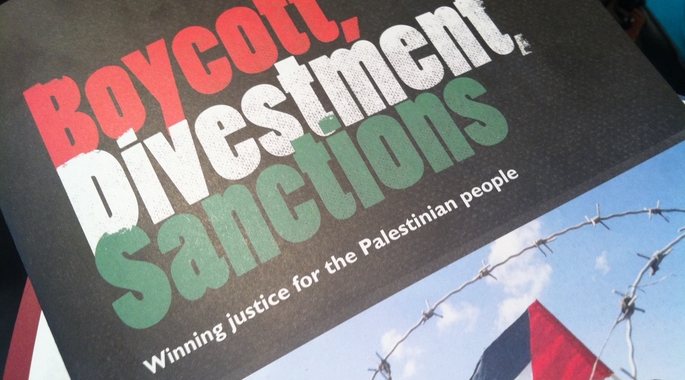Coordinated internationally by the Palestinian Campaign for the Academic and Cultural Boycott of Israel (PACBI), the academic boycott of Israel calls for college and university faculty to “boycott and/or work towards the cancellation or annulment of events, activities, agreements, or projects involving Israeli academic institutions.”1 PACBI guidelines specifically call on the boycott’s endorsers to work toward shutting down popular study abroad programs in Israel and refusing to write recommendations for students who want to attend them; scuttling their colleagues’ research collaborations with Israeli universities and scholars; and cancelling or shutting down events organized by students or faculty that feature Israeli leaders or scholars.
Faculty who choose to implement PACBI’s guidelines are directly subverting the educational opportunities, free speech, and academic freedom of students and faculty at their own American institutions. While signing a petition or statement in support of an academic boycott of Israel is certainly within a faculty member’s free speech rights, faculty boycotters are not entitled to deny students and other faculty of their rights to freedom of expression and academic freedom. In addition, shutting down the free flow of ideas — both a goal and effect of the academic boycott — is completely antithetical to the mission of a university. This is why several prominent and respected academic associations, including the American Association of University Professors, the American Council on Education, and the American Association of Universities; hundreds of Members of Congress; and more than 250 university presidents, including the heads of Harvard, Yale, Princeton, Stanford, Johns Hopkins, Columbia, Duke, Cornell, Brown and Dartmouth, have condemned the academic boycott of Israel as a direct assault on academic freedom.
The negative impact of faculty boycotters on U.S. campuses is not limited to the curtailing of the educational opportunities and academic freedom of students and faculty. AMCHA Initiative’s 20152 and 20163 studies of antisemitism on U.S. campuses found a disturbing trend: The presence of faculty who have expressed public support for an academic boycott of Israel on a particular campus is associated with a significant increase in the likelihood that the campus will play host to incidents that target Jewish students for harm, including assault, harassment, destruction of property and suppression of speech. Schools with one or more faculty boycotters were at least four times more likely to have incidents of anti-Jewish hostility, and the more faculty boycotters on a campus, the greater the likelihood of such antisemitic acts.









